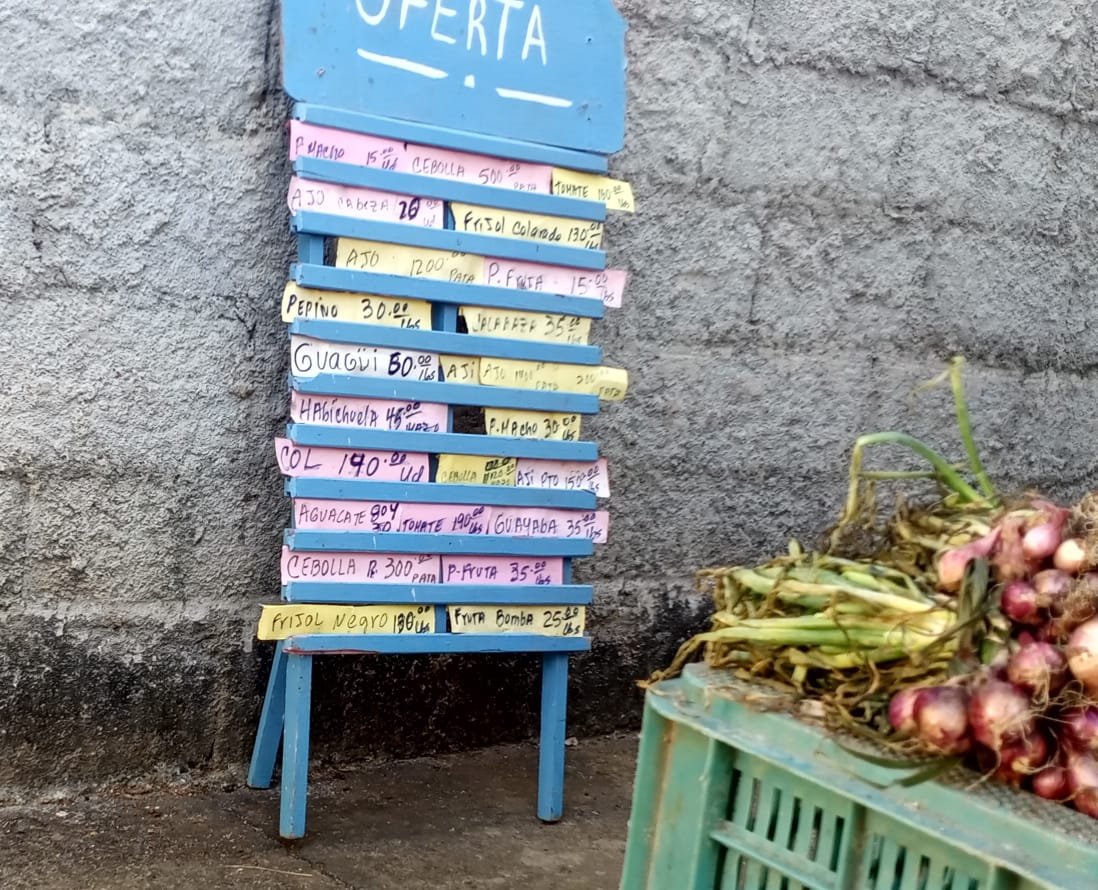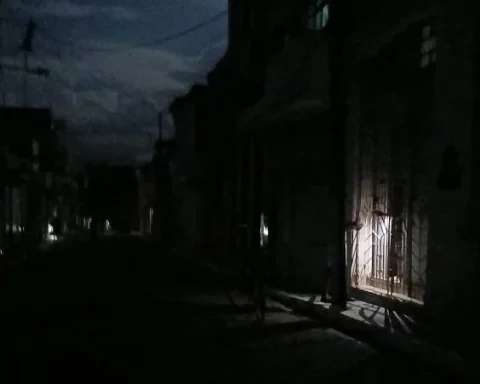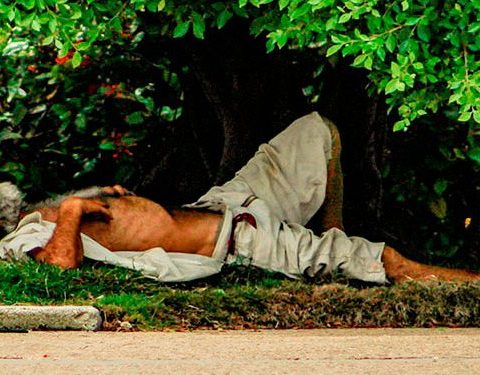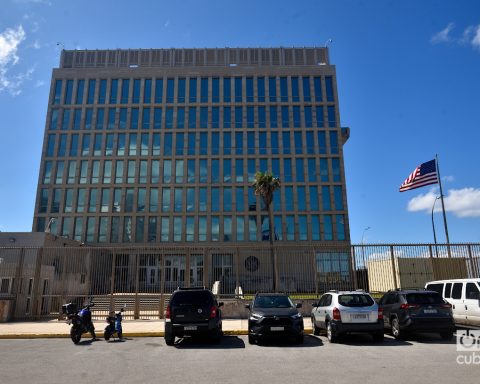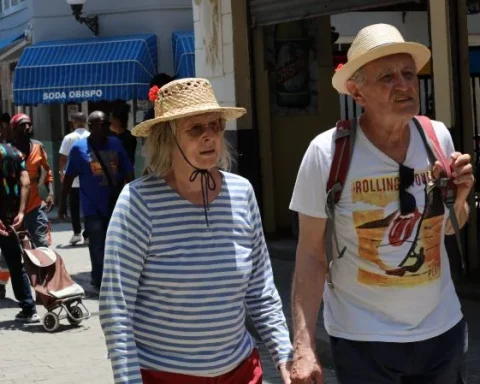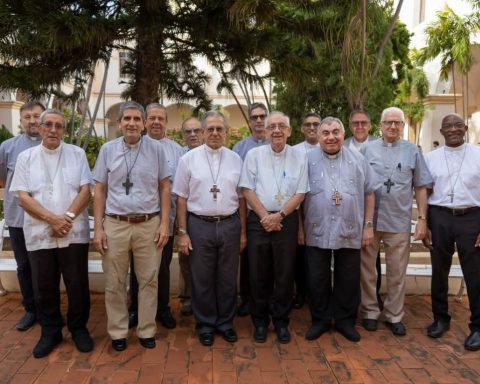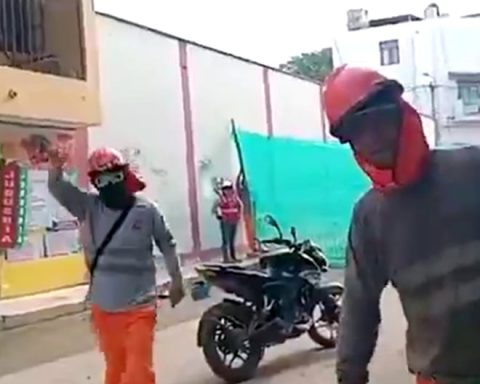SANTA CLARA, Cuba. The Villa Clara government decided to apply a new policy of price cap in the state markets of the province. Hand in hand with this initiative, they announced “forced sales”. That is, agricultural products can only be marketed under the established amount.
This initiative It has generated a wide debate on social networks and in the city’s own markets. For both sellers and customers, capped prices are high. In addition, they will only stimulate less sales at state points and more at private ones. The latter will now probably shoot up their prices, taking as a reference the high price of the official ceiling.
The first action of this measure occurred over the weekend. The local media of the city of Santa Clara They reported that a group of inspectors had applied fines of between 800 and 1,000 pesos and “forced sales” to “illegal” Santa Clara residents, who underdeclared merchandise or who “misled consumers.”
“They said that on Friday and already on Saturday they were tearing heads off,” says forklift driver Leandro Basnada, who was selling his products on Calle J at the time of the “surprise search.” Specifically in this area of the Capiro neighborhood, officials found that “the Credit and Services Cooperative April 9 did not report the price of rice” and that “a self-employed person violated the work project that he has validated.”
“The quality of what the state sells is much lower than what private individuals have because the producers, logically, prefer to sell it to them”, continues Basnada.
“If the minimum price of tomatoes is 80 pesos, it means that now any individual will not lower it from there, even if they rot, as happened with the dollar on the street. We would have to see what happens after these inspections”.
the first consequences
After the Administration Council decreed the maximum prices for certain products and that measures were applied this weekend in the main commercial areas of the city, many unlicensed merchants decided to withdraw their merchandise from the stalls.
The province’s own media have come to recognize that the best products are diverted directly to private marketers. LThe same ones who pay for the merchandise “in cash”. It which determines that there are different prices for the same pound of rice or beans.
“Capping prices is similar to trying to limit the number of words a person can pronounce,” laments a man from Santa Clara named Yoel. “I mean, something absurd. The cause must be combated, the little production and not the consequence. The result will be the same, fewer offers and a tendency for prices to rise more”.
“How are they going to legalize that a pound of beans is more than 100 pesos?” Yelena García wonders about the cap. “If that is the maximum price set by the state, imagine how private individuals will sell them now.”
After the inspection of the agricultural fairs, “violations of self-employed workers who hired unaccredited vendors” were also detected, marketing lettuce, there was misinformation on the price of cassava, and others that “cheated in the pineapple office.” According to state sourcesan individual from the José Martí neighborhood “applied abusive prices with the rum Aguascaliente Cubanacán at 700 pesos and H. Upman cigars at 200”.
Although the government set the cap for beans at 120 pesos per pound, in the private area of the Buen Viaje de Santa Clara market, they sold it this Sunday for 150 pesos. Meanwhile, the price of four tomatoes is equivalent to 160 pesos and a cabbage, whose cost per kilo would be about 40 pesos, is sold there for more than 140.
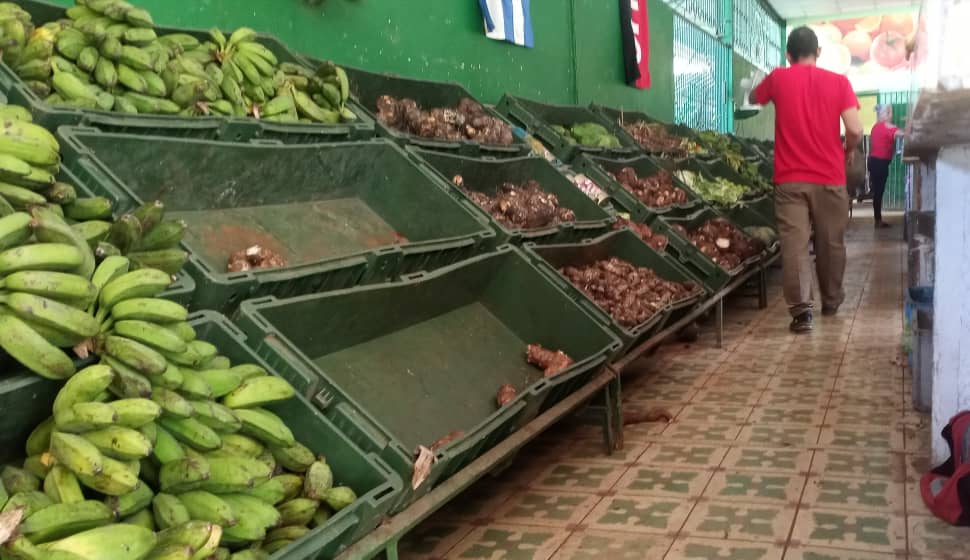
Receive information from CubaNet on your cell phone through WhatsApp. Send us a message with the word “CUBA” on the phone +525545038831, You can also subscribe to our electronic newsletter by giving click here.
